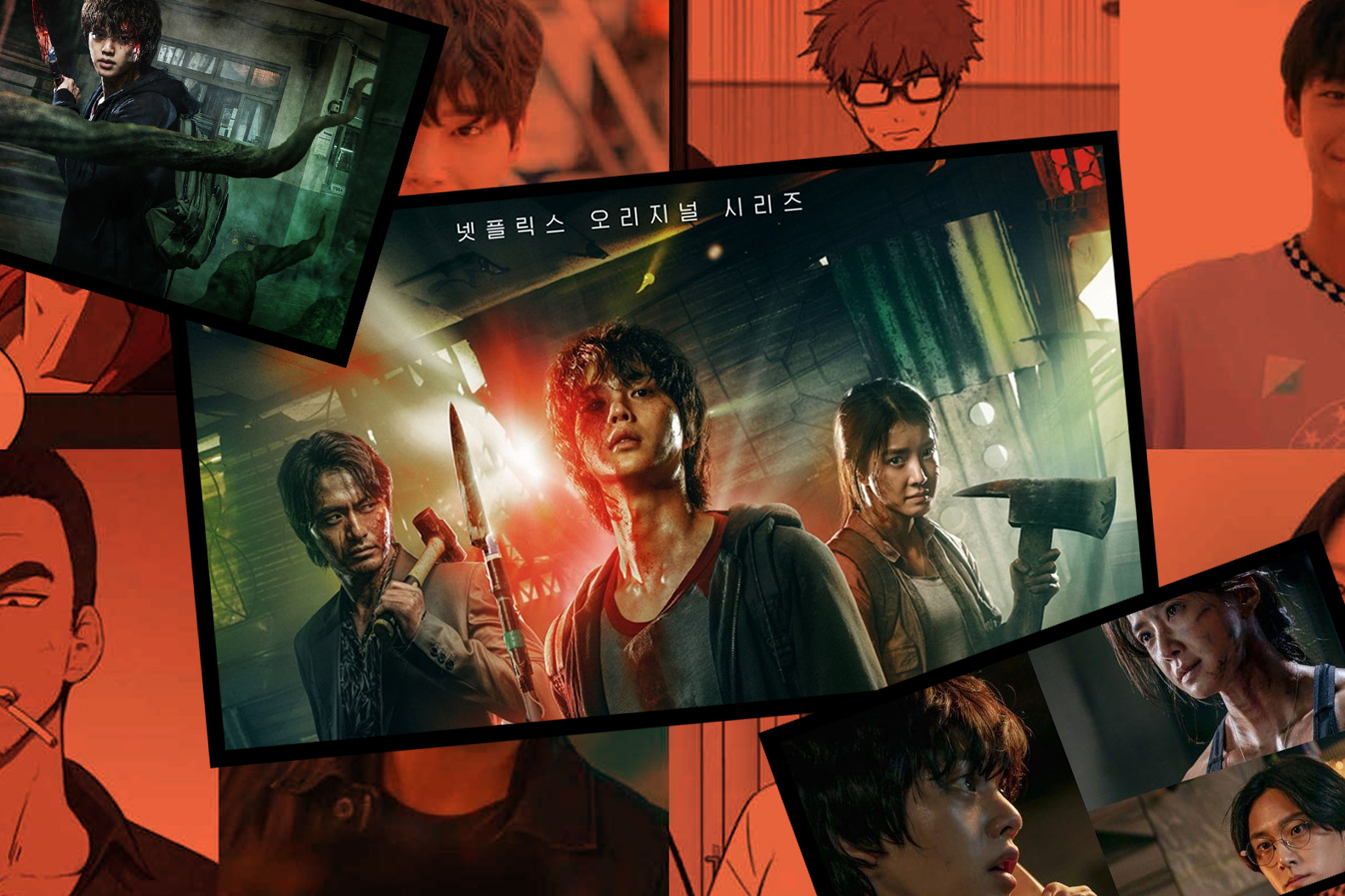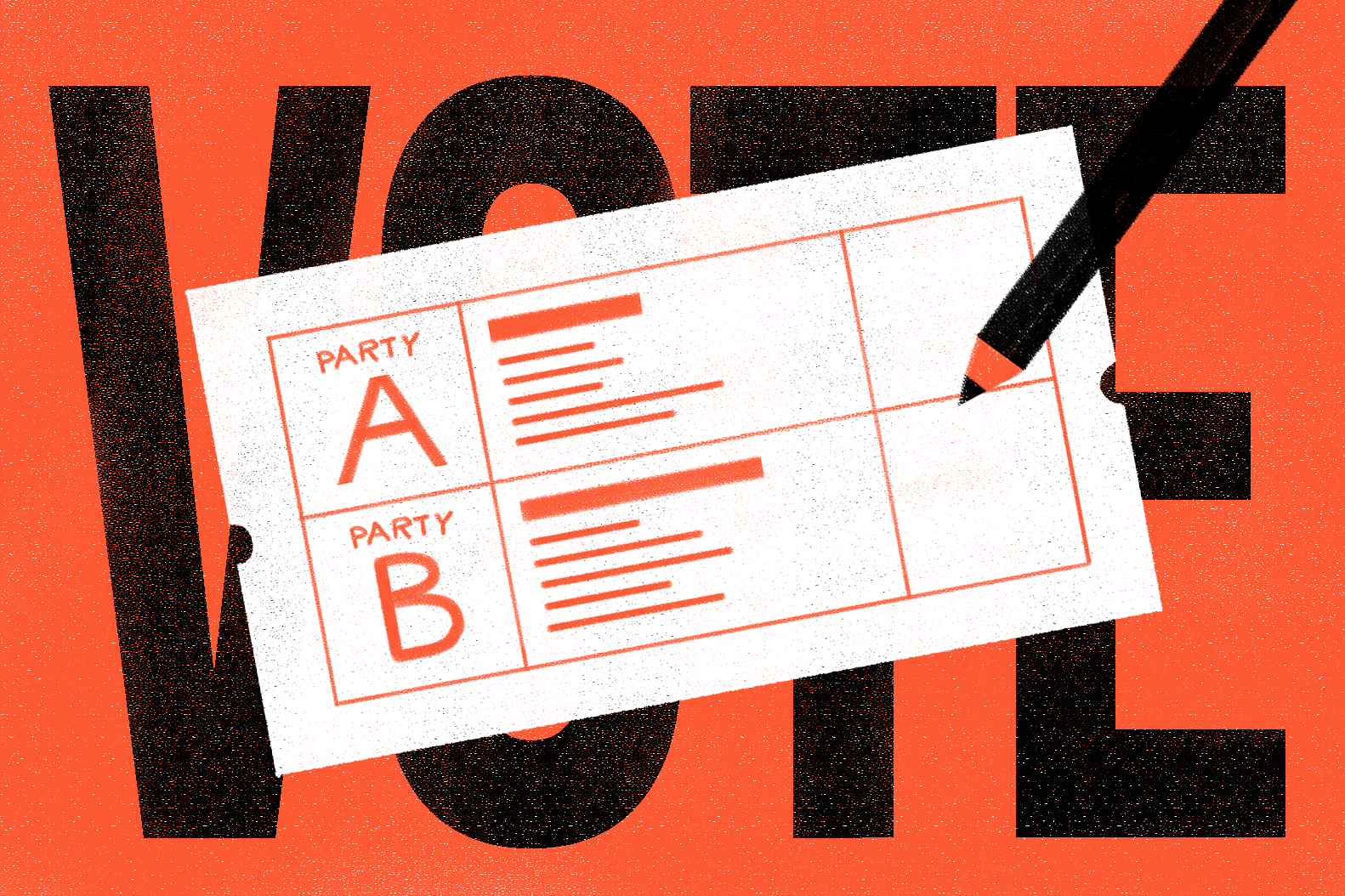WARNING: SPOILERS ABOUND
“Humans are the scariest.”
Set in an old rundown apartment building called Green Home, Netflix’s Korean drama Sweet Home explores the concept of humanity in an apocalyptic world. The show opens with Cha Hyun Soo, a teenage orphan moving in as a new tenant.
Strange incidents start to happen in the building, and his neighbours start to turn into monsters. A motley group of residents consisting of Hyun Soo, medical student Eun Hyuk, former firefighter Yi Kyung, musician Ji Soo and pious language teacher Jae Heon come together to find a reason to survive.
But beyond the facade of an apocalyptic thriller, Sweet Home focuses heavily on the stories of loss, grief and restoration in each individual.
Here are a few questions that I’ve been thinking about after watching this series (twice).
ARE WE BEING CONSUMED BY OUR DESIRES?
The residents soon realise that you don’t turn into a monster from physical contact with or being bitten by another monster. The likelihood of turning into a monster is completely determined by one’s character and deepest desires.
A woman who was obsessed over her dead baby ends up turning into a giant infant monster. A bald man who had always secretly worn a wig his whole life turns into a monster covered with hair. Someone whose whole life was just consumed by working out and becoming buff eventually becomes a protein monster. A peeping tom turns into a giant eyeball monster.
Truth be told, this reminds one of real life.
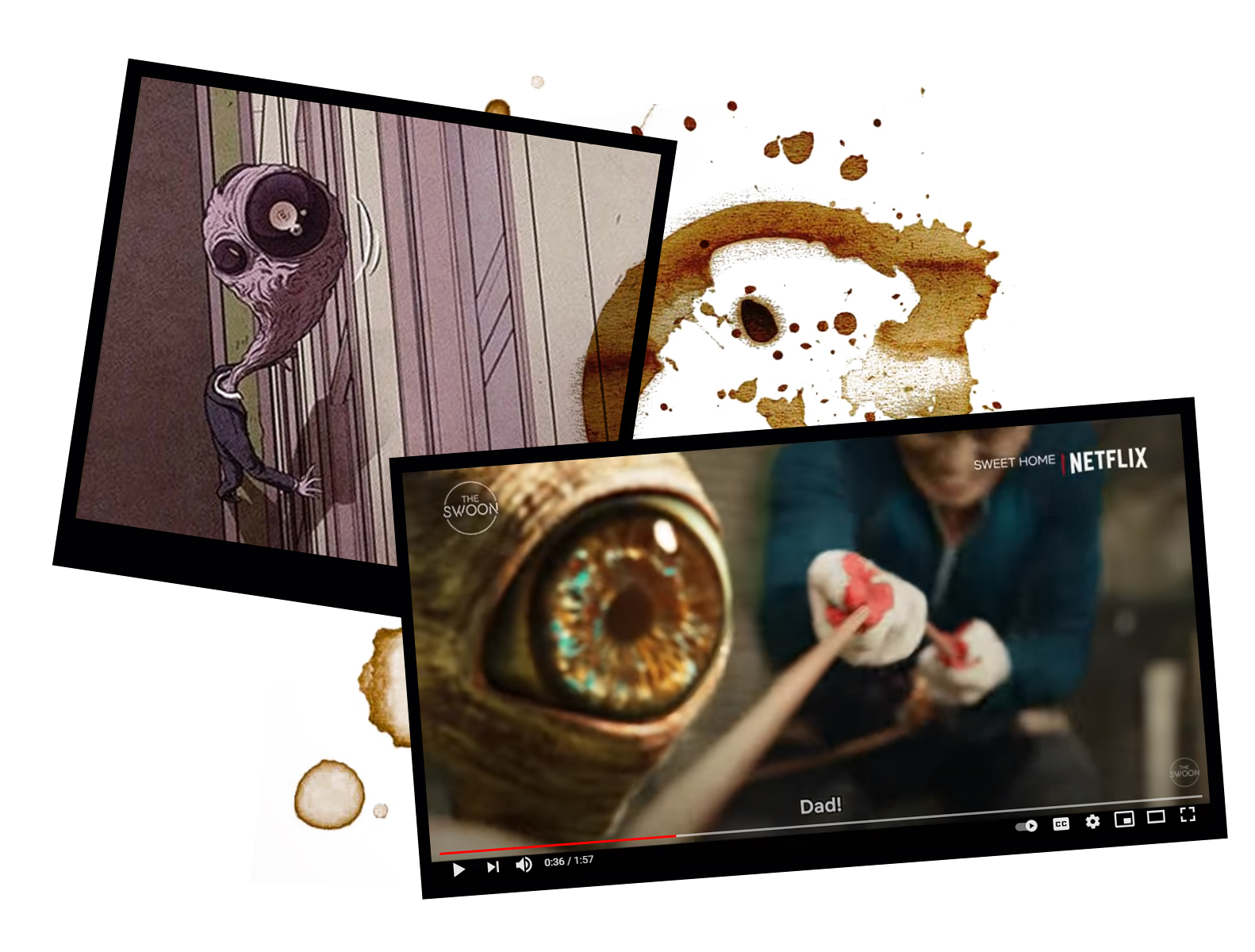
Our fleshly desires come from our innermost being. A good man brings good things out of the good stored up in his heart, and an evil man brings evil things out of the evil stored up in his heart. For the mouth speaks what the heart is full of.
And our desires are distorted by sin.
Sin is like a seed hidden and watered in the deepest alcoves of our hearts. It starts from as little as a bad thought, an unkind intention, a bitter grudge… and it takes root in us and grows before we can even notice.
Such is the nature of the human heart: “The heart is deceitful above all things and beyond cure. Who can understand it?” (Jeremiah 17:9)
HAVE WE ALLOWED FEAR AND SELF-PRESERVATION TO DRIVE US?
When the residents of Green Home discover that Hyun Soo has been “infected”, they decide to vote in secret on whether he should be killed before he turns into a monster.
“Ousting him would be taking part in a murder,” warns Eun Hyuk.
“We’re making this decision to survive,” one of them justifies, and threatens the rest to agree with him.
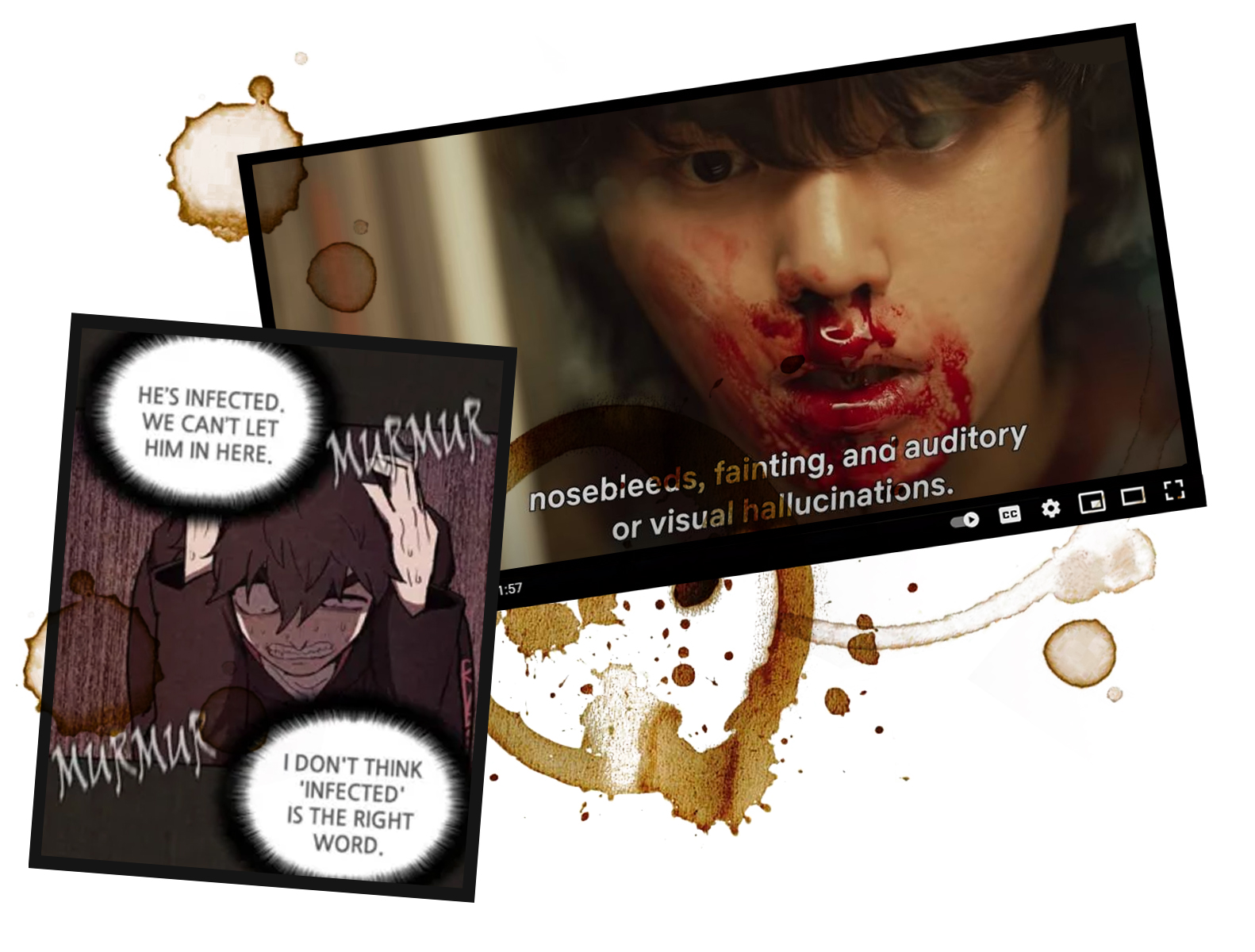
He goes on to make his case – stating that Hyun Soo is no longer human, and that his existence in Green Home would pose a great danger to everyone else.
But he quickly changes his mind when his nose suddenly starts bleeding, a sure sign of infection. Now the tables have turned against him, and he begs in despair for everyone to spare him.
The voting incident repeats itself on a few more occasions as more characters start showing symptoms of transforming. It appears that their own fears and desire to survive eclipsed whatever compassion that was to be had.
It is often easy to be self-righteous and cast the first stone when the consequence doesn’t directly concern us.
But as the drama progresses, we see how the residents struggle with the ethical implications of their decisions. While they worry for their own safety, they also start to recognise that everyone needs compassion and kindness to get by.
WILL OUR CHARACTER STAND TRUE IN CRISIS?
If there’s a supporting character worth mentioning, it would be Jae Heon. A language teacher by profession, Jae Heon is also an expert swordsman by training and a devout Christian.
But he’s not to be confused with your stereotypical pious character. Jae Heon goes around befriending the Green Home residents – most of which have complicated pasts and are emotionally guarded and detached.
While they each seem wary of his nice Christian behaviour at first, Jae Heon quickly becomes everyone’s trusted friend.
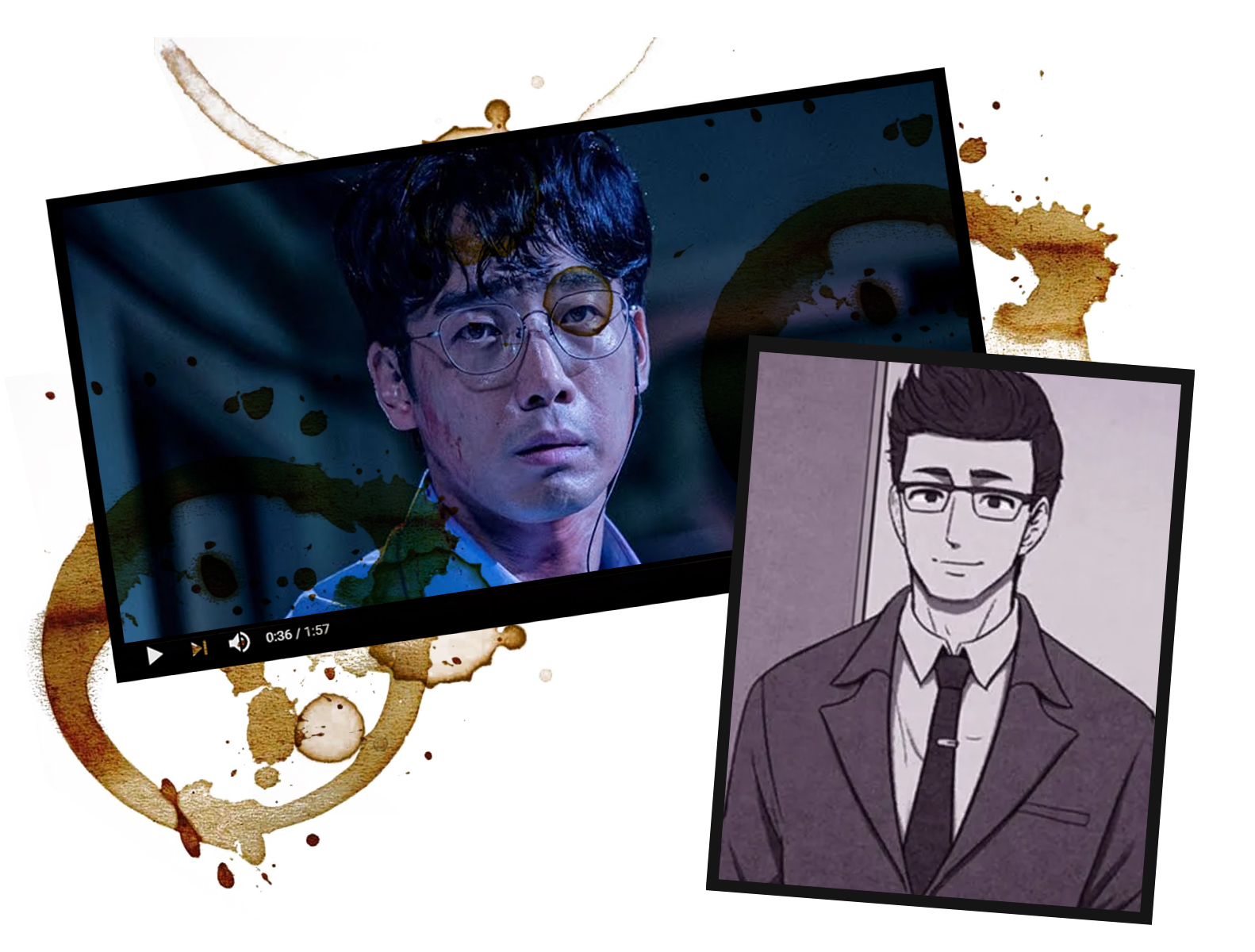
In one of the episodes, tsundere-like hitman Sang Wook unexpectedly mourns the deaths of his fellow residents at the makeshift graveyard. Sang Wook then asks Jae Heon to pray for the deceased because God probably likes the latter more.
“God isn’t like that,” says Jae Heon, going on to share about his own alcoholic past, much to Sang Wook’s surprise.
He then encourages Sang Wook to find his own way to cope.
“I fought by praying,” says Jae Heon. “Try to fight in a different way.”
This marks the beginning of an unlikely bond between the two vastly contrasting personalities, and perhaps one of the first times that someone had reached out to the socially reclusive Sang Wook with genuine friendship.
He practises what he preaches.
There’s something special about Jae Heon. He doesn’t try very hard – he doesn’t force his beliefs down people but just squarely states what he believes about God.
He sits with the outcasts and empathises with their experiences. He doesn’t condemn their choices, but speaks boldly about what he believes is the truth. Strangely, he does not offend anyone with his straightforward nature, but makes them curious about him instead.
He’s loyal, trustworthy and reliable. He’s fiercely protective of his fellow men in Green Home despite his own fears… and most importantly, he practises what he preaches. Even through the most tumultuous plot developments, Jae Heon’s character is consistent.
And this is probably what drew people to him.
ARE WE STRUGGLING ALONE?
A voice narrates in the opening scene: “Someone once said that even the deepest darkness disappears in the dimmest light. This a story about us finding a reason to live in a world where finding this reason is harder than merely surviving.”
This rings true as the show progresses, and it is evident that the longer the residents stay alive, the more it seems like a punishment compared to death.
At the start, the residents scramble to survive for the sole sake of avoiding death. But later on as relationships are mended and bonds are formed, they find a new meaning in survival.
There is something very human about seeking meaningful companionship, despite and especially in an apocalyptic setting like this. The fight to be human and remain human hinges largely on human connection and relationship.
J.C. Ryle wrote in The Best Friend: “This world is full of sorrow because it is full of sin. It is a dark place. It is a lonely place. It is a disappointing place. The brightest sunbeam in it is a friend. Friendship halves our sorrows and doubles our joys.”
Without human relationships, the residents of Green Home would not have made it as far as they did. No man is an island, and everyone needs one another.
Fun fact: the term “one another” appears 100 times in the New Testament. We need one another.


